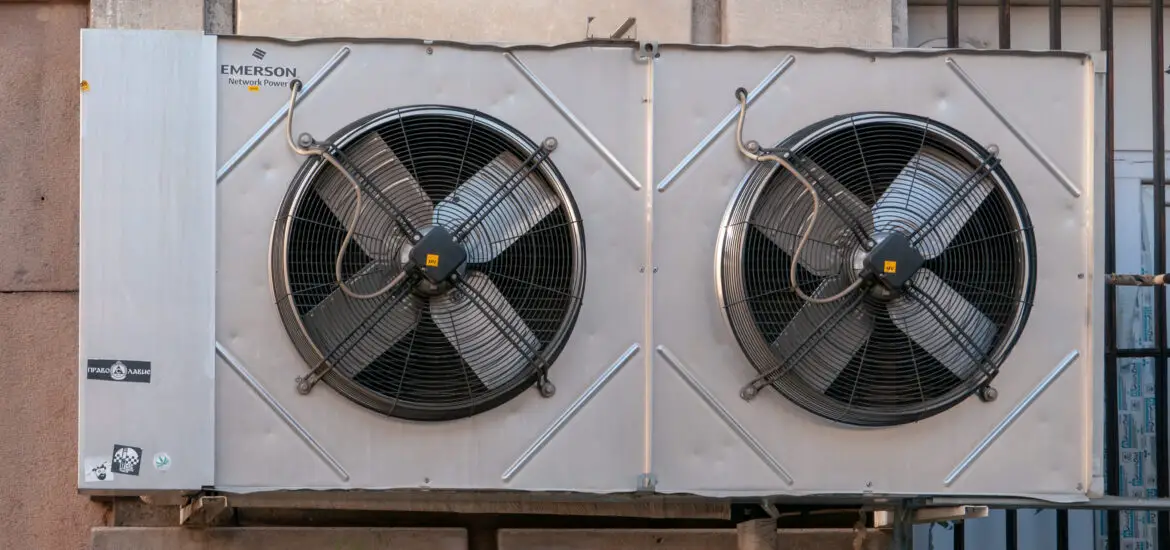In this comprehensive guide, we’ll reveal the causes of low refrigerant in AC. We’ll also guide you on how to address low refrigerant levels in your AC.

Table of Contents
Brief Overview: Causes of Low Refrigerant in AC
You know, the causes of low refrigerant in AC aren’t really complicated once you break them down. In a nutshell, they boil down to three main culprits: improper installation, refrigerant leaks, and an aging AC system. Now, let’s get the show on the road and talk about these in more detail!
Quick Summary of the Causes of Low Refrigerant in AC
Causes of Low Refrigerant in AC Systems
Now let’s talk about why your AC could be running low on this precious stuff.
Improper Installation
Ever bought a product that just wasn’t installed right? That’s what we’re talking about here. If your AC system wasn’t set up correctly, you might end up with less refrigerant than you should have.
Faulty Charging at Installation
If the technician made a mistake during the charging process when your AC was installed, that could lead to a low refrigerant level. Not the best start, right?
Incorrect Type or Amount of Refrigerant
Using the wrong type or amount of refrigerant during installation can also cause problems. It’s like filling a diesel car with gasoline – it just won’t work!
Refrigerant Leaks
Refrigerant isn’t something that gets used up. So if it’s low, that usually means it’s leaking somewhere.
Identifying the Signs of a Leak
So how do you know if you have a refrigerant leak? Look for signs like reduced cooling capacity, higher energy bills, or a hissing sound coming from your AC unit. Sounds spooky, doesn’t it?
Common Areas for AC Refrigerant Leaks
Refrigerant leaks usually occur in areas like the coil, the valves, or the refrigerant line itself. If you spot any damage in these areas, it might be a good idea to call a technician.
Aging AC System
Nothing lasts forever, and that includes your AC unit. As it gets older, it’s more likely to develop problems, including low refrigerant levels.
Wear and Tear Over Time
Over time, parts of your AC can start to wear out, which can lead to leaks and a drop in refrigerant levels. It’s like a car that needs a new tire after many miles on the road.
Refrigerant Loss with Older AC Models
Older AC models were not as efficient as newer ones, which can lead to a gradual refrigerant loss over time. Unfortunately, there’s no time machine to go back and get a newer model from the start!
Check out these other related articles…
Ammonia Refrigerant: A Detailed Guide
Water Refrigerant: A Comprehensive Guide
CO2 Refrigerant: Your Ultimate Guide
Refrigerant HFC 134a: A Detailed Exploration
5 Overcharged Refrigerant Symptoms: A Detailed Guide
How to Fix an Overcharged Refrigeration System: 3 Easy Steps
Consequences of Low Refrigerant in AC Systems
So, why should you care about low refrigerant levels? Here’s why:
Reduced Cooling Efficiency
If there’s not enough refrigerant, your AC won’t be able to cool your home as effectively. It’s like trying to make a cup of coffee with only a few beans – it just won’t taste as good!
Increased Energy Consumption
Your AC will have to work harder to cool your home, which can lead to higher energy bills. Not what anyone wants, right?
Potential Damage to the AC System
Running your AC with low refrigerant levels can lead to other parts of the system getting damaged. It’s like driving a car with a flat tire – other parts of the car are going to take a hit!
